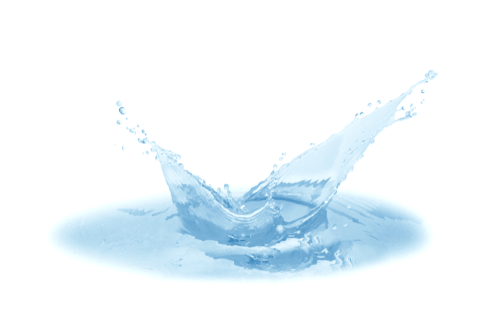
The arrival of the first rains in the western world, despite the dramatic consequences in some cases, is certainly bringing a sigh of relief to the many sectors that have been severely affected by the severe summer drought.
In particular, the agri-food and manufacturing sectors had long been sounding the alarm.
The problems linked to the scarcity of fresh water are in fact multiple and are not limited to the food needs of individual citizens, but primarily affect the agricultural and industrial worlds.
Over the last two decades, in fact, the need for water for the productive world has increased exponentially, and demand is expected to rise in the future.
Unfortunately, the climate crisis is changing the frequency and intensity of rainfall, affecting the amount of water available, and periods of drought, and Europe is increasingly a continent at high risk of water stress, i.e. unable to meet demand at critical times.
Suffice it to say that this past summer, 60% of Europe’s territory was in critical or extremely critical condition due to drought.
But where does the fresh water we use come from?
Although the planet is covered with water, only 1 % of it is usable fresh water and mostly underground.
Hence, rainfall plays a key role in supply.
Surface water, be it rivers or lakes, needs to be replenished and rainfall is the main food. The increase in the earth’s temperature is causing global upheavals that take the form of environmental disasters as in the case of Pakistan or rainfall phenomena outside the norm as in the recent case of Marche in Italy, abnormal heat waves and the consequent increase in drought-prone areas.
In addition to the above, one of the most worrying consequences is the progressive retreat of glaciers and snow cover in mountainous areas, a very serious problem in Italy, for example
Considering that glaciers make a fundamental water contribution in replenishing aquifers.
It is therefore necessary for global policies to travel on two parallel tracks, one relating to the protection of the environment and the lowering of the globe’s temperature, and one relating to the reduction of waste and the recovery of used water.
Concerning the first point, an awareness seems to have finally been reached by western governments, as demonstrated also by the European ecological transition plans. Plans that, although subject to many variables, as demonstrated by the energy crisis resulting from the war in Ukraine, in the long term should succeed in stopping or at least slowing down the climate emergency.
The discourse on waste is different: in this case, in fact, each nation will necessarily have to draw up a plan for reduction and recovery.
In Italy in particular, the need to strengthen the networks is increasingly evident, investing in the maintenance and modernisation of infrastructures related to the water cycle and the study of a process that would allow the purification and reuse at an industrial level of the water currently channelled into drains.
There was also talk of the possibility offered by cloud seeding, a method widely used in other countries, the USA, China and the Arab Emirates in the lead.
Through chemical agents injected into the clouds, it seems possible to cause rain or increase its flow rate.
Unfortunately, the unknowns and limitations of this method are many.
First of all, it can only be applied in the presence of clouds; secondly, not all clouds can be used, but only those at certain heights and with certain conformations; and lastly, in addition to the fact that the results are not certain, it is also extremely costly and risky: the effects on the ecosystem of the chemical agents used are not known, and there is no certainty that their use causes rain.
It is therefore necessary, now more than ever, to create a culture of water as a precious commodity in countries that until yesterday had not really addressed the problem, a culture that leads to a downsizing of consumption, a drastic reduction in waste and an awareness that water is not an infinite good.



 Subscribe
Subscribe